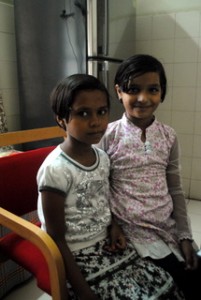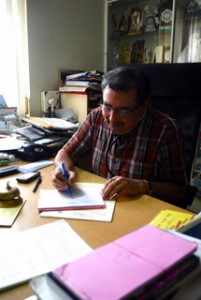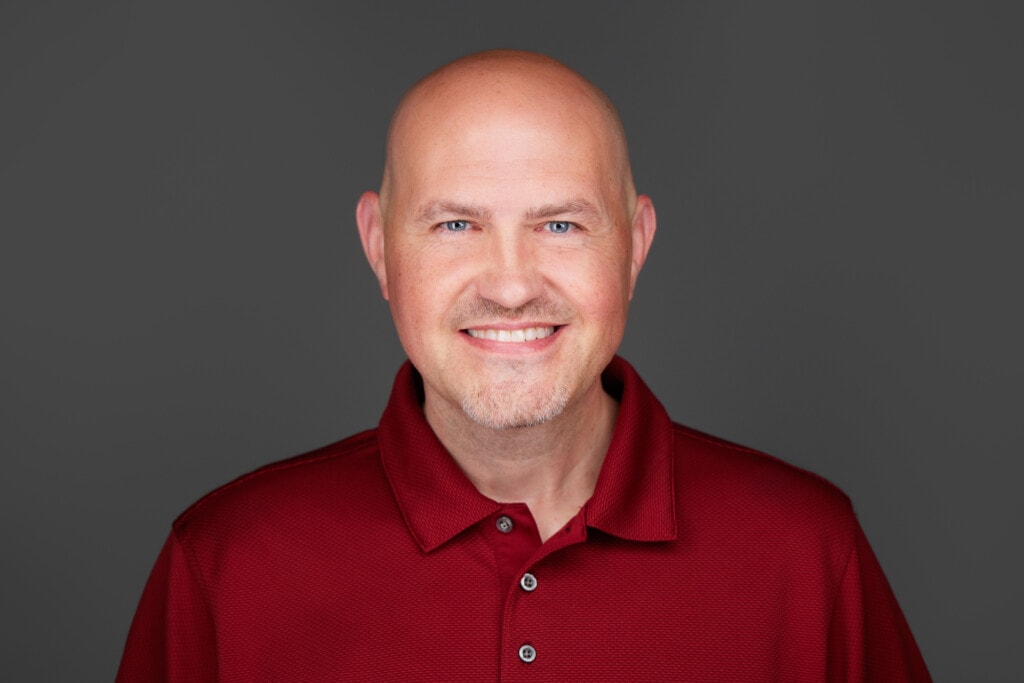I was recently contacted by Lucy, a British journalist working to spread the word about the state of diabetes abroad, especially in third world countries. Please, read on to hear Lucy’s story.
“I wish I had AIDS, not diabetes” (girl, aged eight)
For those living with diabetes, daily life can have its challenges. When my cousin was diagnosed, aged just 5 years old, I watched the anguish my aunt and uncle went through, and are still going through, as they face the ups and downs of living with the condition.
However, it is hard to believe that 89 years after the discovery of insulin, children are still dying for lack of this life-saving drug in the developing world- and nobody knows about it.
This week there will be a UN Summit in New York to discuss Non-Communicable Diseases (cancer, diabetes and other chronic illness) in the developing world. Currently, only 2% of international aid goes towards treating them, and they are killing in their thousands.
It is this crucial international event that gave me the opportunity to see first-hand how life is for Type 1 diabetics in the developing world. I am a British journalist, and by chance, whilst on assignment I attended a seminar by the International Diabetes Federation: NCD’s, a Silent Killer. I was staggered to discover that 250,000 children are struggling to live with Type 1 diabetes in the developing world, and it is estimated that at least another 250,000 die undiagnosed.
After securing funding, I traveled to Nagpur, India’s city of oranges, to make a radio documentary- ‘The Doctor who Dreamed‘. Poverty overwhelms this industrial city, and Type 1 diabetes can be a fatal diagnosis. There is no National Health Service and unlike AIDS and Malaria medication, insulin is not freely available. The cost of insulin can cost more than one third of a family’s monthly income, and too often the logic of poverty overcomes the logic of life.
Endocrinologist Dr Sharad Pendsey established the DREAM Trust after witnessing the deaths of two young girls, whose families could no longer afford the insulin to keep them alive. I can only describe him as a ‘Father Christmas’ figure to these children, whose eyes light up when they talk about him and the clinic. He has saved the lives of around 600 children using money from his own private Type 2 clinic, and through international fundraising.

Without the help of the clinic, these children face an unimaginable struggle just to survive. I will share the story of Seema, whose father was an alcoholic. Her mother sobbed as she told me how she used to break one piece of bread before four children, and how her daughter went without insulin for half the month, because nobody was there to help them. Then there was Jyoti, abandoned at the doors of an orphanage, because her parents were not prepared to support her. In many cases the children face deep stigma, with others refusing to share their glasses or plates for fear of contracting diabetes themselves.
Women with the condition are worthless in a still male-dominated society, considered to be a financial burden. When 15 year old Alka developed the condition, the villagers thought that she was pregnant because her belly swelled. When her husband discovered she was diabetic, he abandoned her, leaving her to a life of shame.
Dr Pendsey’s clinic not only provides the children with medical care and counseling to overcome the obstacles they face, but also offers educational scholarships to the most needy, allowing them to escape the cycle of poverty. One patient, for me, summarizes the hope that has grown in this modest clinic. Manda dreamed of being a nurse, to support her condition and her poor and illiterate parents. Knowing that the medical school may refuse her entry on account of her diabetes, Dr Pendsey helped her switch her father’s urine for her own during the admission tests. She kept her illness a secret, rushing to the clinic at times of need and returning to class the next morning. She is now a government nurse; one of the most respected women in her society, and supporting herself and others with the condition. Dr Pendsey is proud of her- she is a DREAM girl.
It is hard for me to summarize in so few words the depth of the issues the children face, and the admiration I have for Dr Pendsey and his staff. Without their support, and those of international donors, these children would simply not be alive.

Whilst on the grand scale the UN Summit discusses the future of these and others, I want to help on the small scale. Dr Pendsey receives modest funding from individual overseas donors, taking no administration charge, and the money going directly to the children. Just $315 (£200) pays for all the medical care and insulin for a child for one year, and the donor can interact with the child through letters and drawings. $60 (£40) is the cost of a year’s schooling, and $3 (£2) buys a pot to keep insulin cool in the child’s home, in the absence of a refrigerator. I would implore anyone to give, however little, because it goes so far out there. Next time someone thinks of doing a sponsored run, or a bake-sale, make the DREAM Trust the charity of choice and help save lives.
Most of all I want to raise awareness of the plight of these children, and others like them worldwide. As a journalist, this is one small thing I can do to help.
********
The full documentary, ‘The Doctor who Dreamed’ can be heard at: http://soundcloud.com/
There is more information about the DREAM Trust at www.dreamtrust.org.
Please contact me, Lucy Laycock, at llaycock0703 ‘at’ googlemail.com for more information about helping the DREAM Trust or donations.
Disclaimer: I have not personally investigated the DREAM Trust, it’s sources, it’s partners, nor the validity of their fundraising efforts. However, I wanted to get this guest post out in time for the UN Summit, starting tomorrow morning. Please DO YOUR OWN RESEARCH before deciding to send any money anywhere. I am not responsible for anything beyond helping to spread the word.

